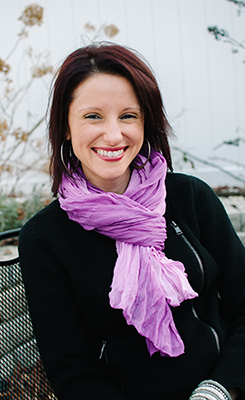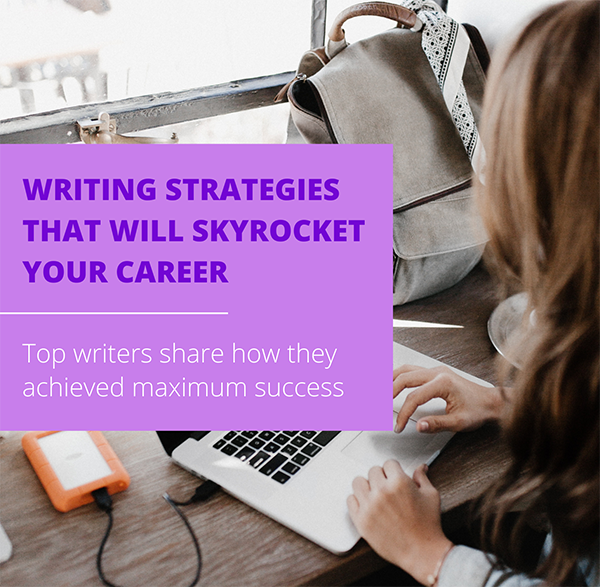I love to talk about writing tools. I’ve always been an office supply junkie, for one thing, so anytime I can buy new notebooks, life is good. And when I found Scrivener, well, my mind was blown!
But guess what—none of these are the tools that are going to make the most difference in your career.
Yep, that’s right. You can have the best laptop, the prettiest pens, the fanciest notebooks, Scrivener, whatever tools you use to write…but if you don’t have the right (write??) mindset, you’ve got nothing.
It’s like anything else in life, whether we admit it or not: what we think and how we think are the biggest drivers—or impediments—to our success.
When I started writing my first novel, which happened to be my grad school thesis project, I had no clue what I was doing. I just knew that I loved books and wanted to write one. Honestly, at that point, it just mattered whether or not I could get 300 pages of a somewhat cohesive story down. Partly because my graduation depended on it, but mostly because I’d built all my dreams up to that point on this idea that I was going to be a novelist, and I needed to know if I actually COULD do it.
And I did it. I mean, the book will never see the light of day or anything, but I did it. I remember my professor saying the same thing—“You did it! You wrote a book!” And how proud that made me. I also remember telling her that there were so many people in the world, surely I could find a few who would read something I’d written. I remember she thought that was a great outlook.
Then I graduated, and left the comfort of school and teachers who wanted to see me succeed, and I had to figure what was next out all by myself. That’s when I turned to mysteries.
And that’s when the self-doubt settled in, too. I’d never written a mystery. I’d written this other book, sure, but it was pretty bad if I’m being honest. So how was I ever going to get myself published?
Man, the doubt was crushing. I remembered that same grad school teacher had told us about a quote she had over her own writing desk: Not without doubt, but in spite of doubt.
So, since I was a good student, I wrote that down and put it near my desk. Along with a million other inspirational quotes, as well as a few that gently remind me to stop being a perfectionist (e.g. “Done is better than good”).
And then I started to write. I wrote despite the fact that the people around me thought it was “cute” and eventually I’d start focusing on a teaching job like real people did. I wrote despite the full-time job, the second job, the marriage, the divorce. I surrounded myself with writers and tried to learn as much as I could.
Sure, there were days when I thought that I was so far behind everyone else, I wasn’t really that good after all, I wasn’t getting anywhere, and on and on.
But I was stubborn. And I kept reminding myself that this was all I ever wanted—to be a published author. I knew it’s why I was here. And I kept going.
And after 10 years of writing, revising, pitching, attending conferences, writing, revising, pitching, repeat, repeat, repeat—I got an opportunity to write a proposal for a cozy series.
I did. And it sold within a month. That was the Pawsitively Organic Mysteries.
I now have three series and soon-to-be 16 published books. And I have a lot more in me. I’m currently working on a book in a different mystery genre, and the doubt is back full force. Can I do this? Will it be any good? Can I sell it?
And as soon as that not-so-nice gal in my head starts telling me that the answers to all of those questions are no, I now know how to shut her right down.
Because the answers to all three of those are yes. I WILL do it, it WILL be great, and I WILL sell it.
If you let that bully in your mind lead you astray, you’ll never get to where you want to be. You got this. Keep telling yourself that, and it will make all the difference.



